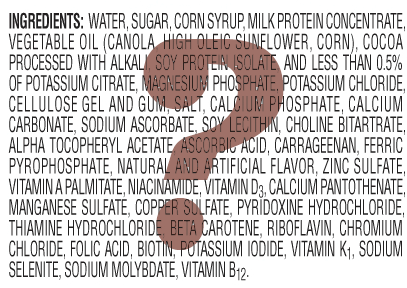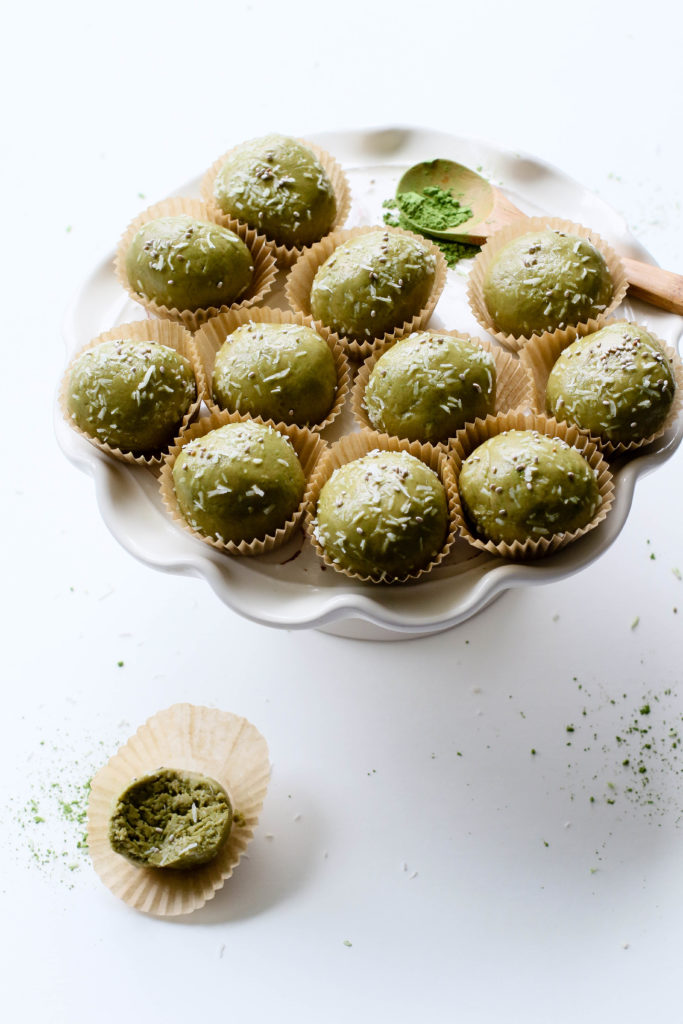
Paracelsus said, “The dose makes the poison.” By this, he meant that virtually any substance is “toxic” (meaning, causing death) in sufficient quantities. This holds true for common substances, many of which are essential to life in the proper quantities. Even water and oxygen are “toxic” in large doses. So to call any substance “toxic” is to oversimplify things greatly.
Alle Dinge sind Gift und nichts ist ohne Gift, allein die Dosis macht es, dass ein Ding kein Gift ist.— Paracelsus, 1583
Coombs Family Farms supports the Clean Label Initiative, and believes that claims such as “all-natural” need to be defined, and that the link between “natural” and healthy”, if it exists, should be explicitly stated.

